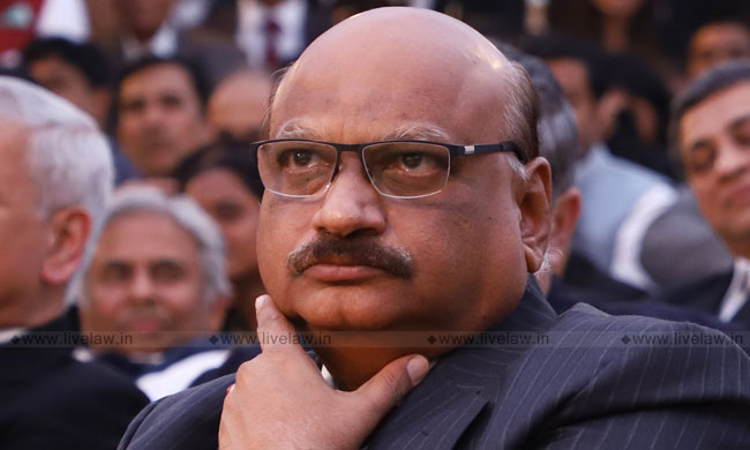It is Our Bounden Duty To Speak Against Spreading Of Misinformation And Bigoted Ideas: Justice Shantanagoudar
LIVELAW NEWS NETWORK
5 Feb 2019 7:51 AM IST

"As the technology of mass communication continues to grow in leaps and bounds, it is our solemn responsibility to prevent and speak up against acts spreading any misinformation or idea that is bigoted and plays upon anyone's ignorance or vulnerability. In both the short-term and the long-run, bigotry and divisiveness deprive a nation of the peace and prosperity that can only come through unity amongst her people", the judge said.
Next Story


